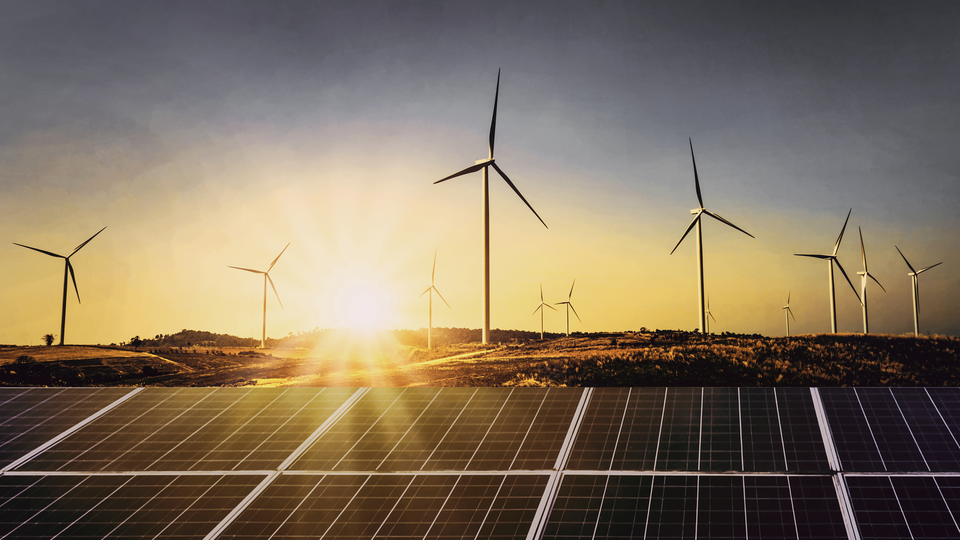
Independent advice for effective climate compensation
The possibility of compensating for climate emissions has existed for several decades, and the debate about how climate compensation should be used and what has long-term effects on the climate has been going on for just as long. The Paris Agreement and the increasingly intensified climate work around the world have led to a diversification of offers and products in the market for climate compensation.
Climate compensation can be based on tree planting, solar energy projects, carbon capture and storage (CCS) and much more. Among these are several good initiatives, but it is often also possible to problematize them in different ways.
To ensure that the compensation measures have a real and positive effect on the climate, there are various certifications such as CDM, GOLD STANDARD and several others. The diversity of labels makes it difficult to identify the best measures and ensure that the choice of compensation follows the principles contained in the Paris Agreement. It is also important to understand how compensation complements but never replaces own emission reductions, and how various climate reporting systems such as Greenhouse Gas Protocol and Science Based Target handle this type of measure.
Through our expertise in the Paris Agreement, certification systems, climate calculations and climate reporting, we can offer independent advice on these complex issues. We have both ongoing research in the field and extensive experience from consulting assignments in many different industries to turn into tailored support where you need it.
We help you to:
- Clarify the role of the compensation measures in your climate work and your reporting.
- Understand the difference between different ways to compensate for your emissions, what are the pros and cons?
- Create high credibility in your climate work through compensatory measures with high integrity that are in line with the principles of the Paris Agreement.
- Identify which compensation measures are suitable for your business and which provide actual emission reductions.
